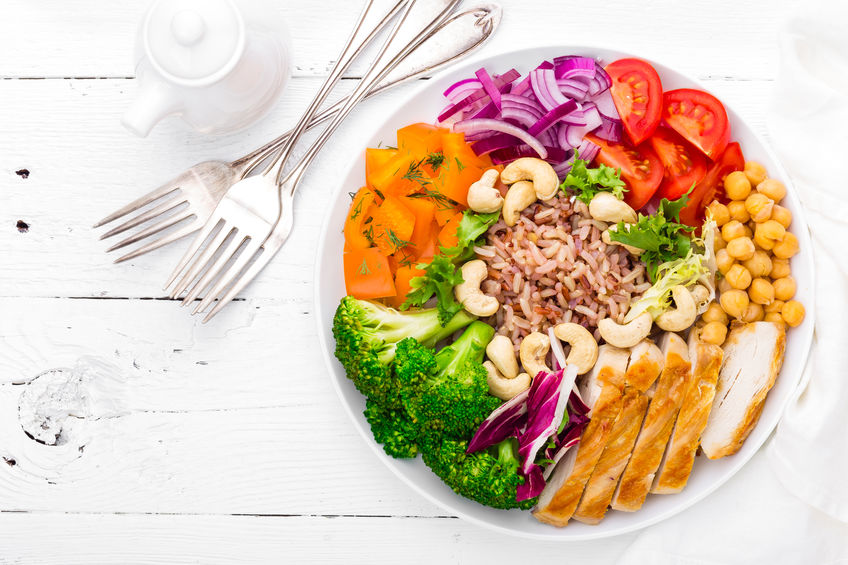The homeschool life is a busy one. It goes without saying that making time to eat healthy meals and snacks as a family is a challenge. It can be tempting to just grab fast food instead of putting in the effort to make a home-cooked meal, or to just reach for something salty or sugar instead of a healthy snack.
In this blog post, we’ll share a handful of healthy foods to help kickstart (and sustain) your homeschool family’s learning. Fortunately, many of the brain-boosting foods we’ll discuss can be eaten right on their own. So even if home cooking isn’t your thing, there are some superfoods you can eat while on-the-go.
Let’s dive in!
Dark chocolate
When you convene your homeschool classes, consider keeping a handful of dark chocolates nearby. The dark chocolate’s cocoa is loaded with flavonoids that help increase the blood flow to the brain and improve brain function. In fact, cocoa has the highest flavonoid content by weight out of any other food.
With this jump to your students’ brains, they’ll likely be better at solving problems, paying attention, and remembering facts.
Nuts
Nuts such as almonds are packed with vitamins and protein that aid concentration when studying. In addition, walnuts can improve memory due to the antioxidants that fight against cognitive decline.
I’ve found that nuts help me stay full longer than other snack foods like potato chips or cookies, which is good for learning.
Having a belly that isn’t rumbling can allow your kids to focus on their schoolwork and help them work for longer stretches of time.
Dark leafy green vegetables
A 2018 report in the journal Neurology states that eating a serving of green leafy vegetables a day can help prevent cognitive decline. If you’re not an older person, the brain benefits are still there. The nutrients found in these veggies, such Vitamins A, C, and K, can help boost your brain functions.
The following are some examples of this superfood:
- Spinach
- Kale
- Swiss chard
- Collard greens
- Turnip greens
Wild salmon
This fatty fish is a fantastic source of Omega-2 oil DHA, which can improve your memory and focus. It also includes Vitamins A and D, both of which can help boost brain function. So, consider cooking up some salmon one evening to improve your kids’ cognitive function.
Berries
The antioxidants in berries help protect the cells in the brain and prevent inflammation. Berries can also assist in improving thinking and motor skills.
It may be a good idea to keep berries in your fridge. They are a healthy alternative to other sweet or sour snacks you could choose for your family.
Here are a few common berries you can likely find in your local grocery store:
- Strawberries
- Blueberries
- Raspberries
- Cranberries
- Blackberries
Citrus Fruits
The polyphenols in citrus fruits have anti-inflammatory and anti-oxidative properties that can help keep your brain safe from harm. These polyphenols also help your brain function better.
Some common citrus fruits include:
- Oranges
- Tangerines
- Grapefruit
- Lemons
- Key limes
Consider adding an orange or grapefruit to your meal. Doing so could provide some solid cognitive benefits.
Water
Dehydration isn’t great for mental fatigue, and it contributes to the premature aging of your brain. A lack of water can also affect your memory, making it more difficult to retain information.
I’ve discovered that if I don’t drink enough, I’ll get headaches. And since pain and learning don’t mix well, it’s best to drink plenty of water.
So how much water should you be drinking each day? While the research on this varies, men should stick with three liters (13 cups) and women should drink a little over two liters (9 cups). Teenage girls need 10 cups a day and teenage boys 14 cups.
If you don’t have a refillable water bottle, I recommend getting one. Just like you need water before or after exercising, you need water when you learn and problem-solve.
Wrapping up
There are plenty of foods you can eat to keep your and your family’s mental capacity in tip-top condition. Don’t forget to stay hydrated and remember to be conscious of what you eat, since doing so can help your homeschool family. Nourishing your students’ brains with a good diet will pay dividends well into the future.








Leave A Comment